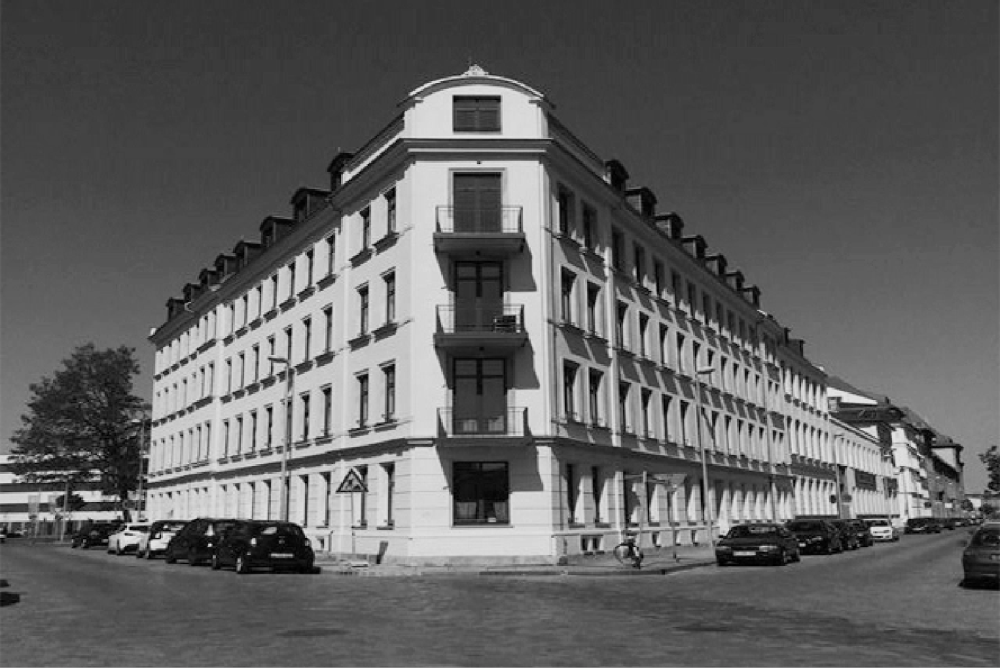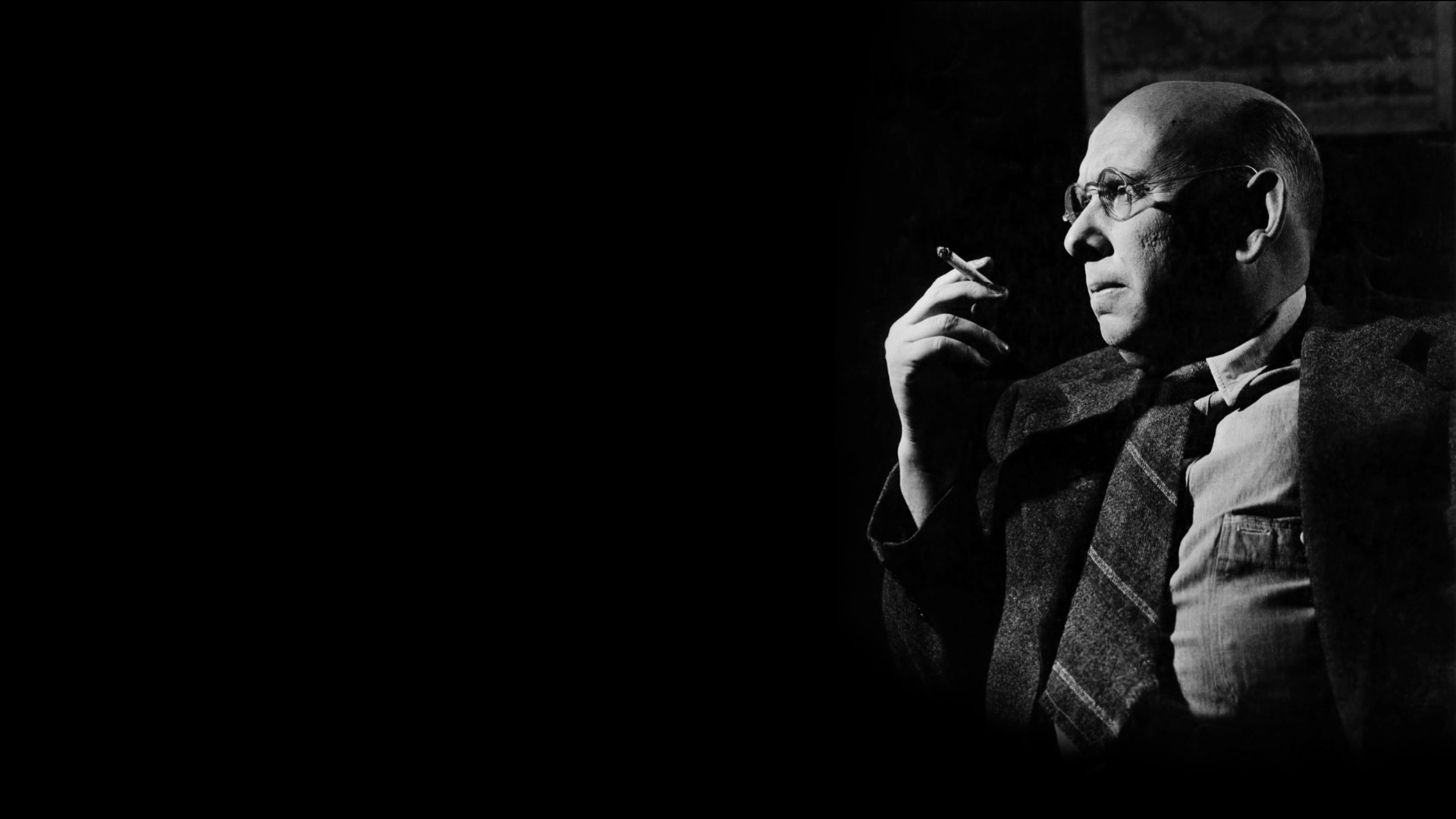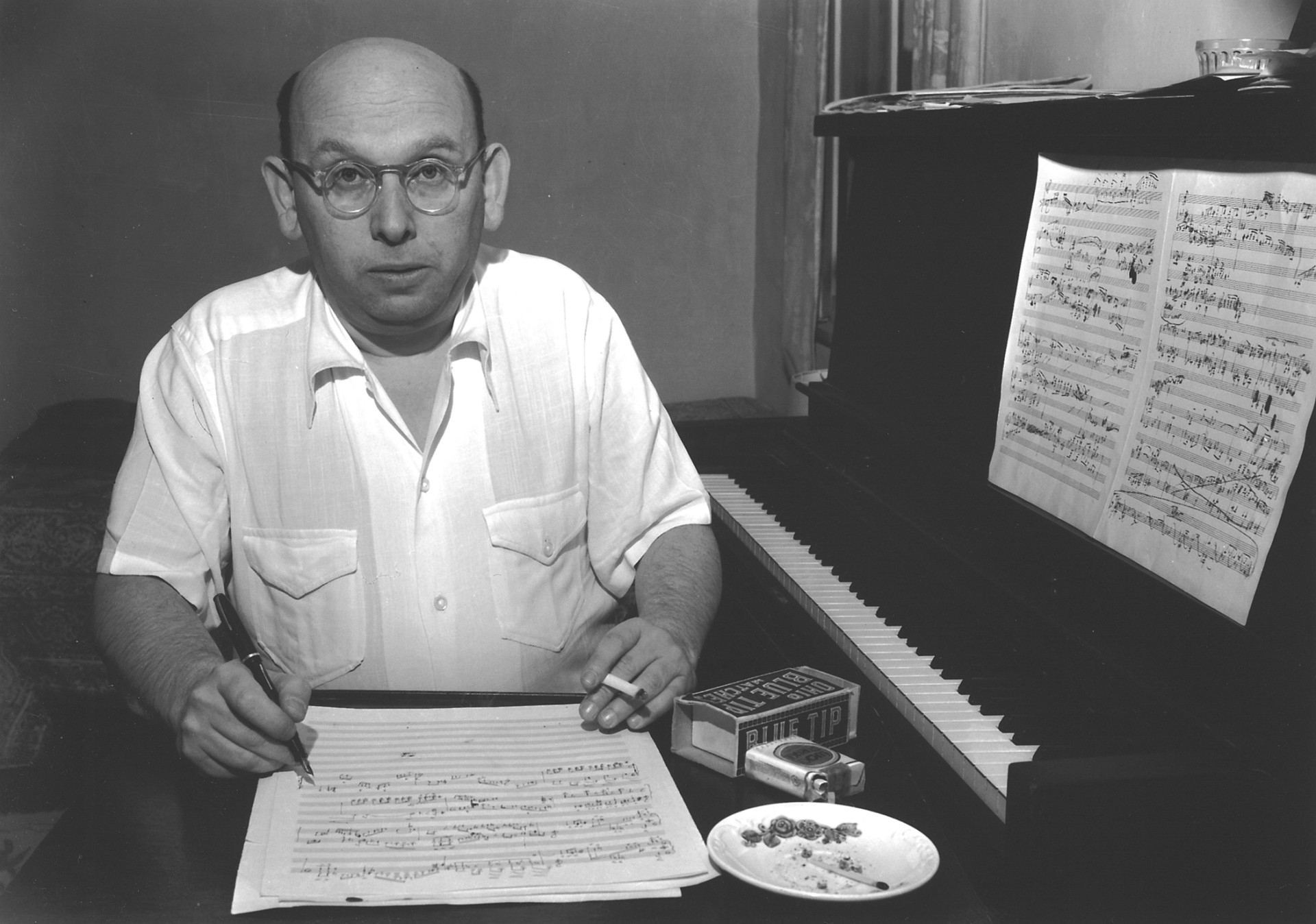About the composer
Johannes Eisler was born 6 July 1898 at Gartenstraße 14 (now Hofmeisterstraße 14) in Leipzig, the residence of his maternal grandparents. The ground-floor flat on the left side of the building had five small rooms at the time. Hanns Eisler’s parents, Ida Maria Eisler, née Fischer, and Dr. Rudolph Eisler, a philosopher and student of Wilhelm Wundt, had already moved to Vienna before Eisler’s birth. For the birth of her third child, his mother, and presumably the entire Eisler family, travelled to Leipzig. The family returned to Vienna very soon after the birth but visited Eisler's birthplace on multiple occasions up until 1912.
In 1916, Eisler was drafted into the military; the first surviving compositions also date from the war period. In 1919, he began his studies in counterpoint at the New Vienna Conservatory, but, in the same year, switched to private lessons with Arnold Schönberg, whose pupil he remained until the spring of 1923. In September 1925, Eisler moved to Berlin, where he became increasingly involved in the workers’ movement. In 1929, Eisler met the actor and singer Ernst Busch, who would go on to perform many of his songs at political events. 1929 also marked the beginning of his longstanding collaboration with Bertolt Brecht.
Eisler was forced into exile after the National Socialists’ seizure of power in 1933, spending time in Austria, France, Denmark, England, Spain, Czechoslovakia, and the Soviet Union. In 1935, Eisler also made his first trips to the USA, which, from 1939, would become his new home for ten years. In 1947, Eisler was interrogated by the House Committee on Un-American Activities (HUAC) in Washington and ultimately expelled from the country in 1948––despite numerous protests by prominent advocates, such as Leonard Bernstein, Charlie Chaplin, Aaron Copland, Albert Einstein, Thomas Mann, and Igor Stravinsky. Eisler arrived in Vienna via London and Prague at the end of March 1948. In 1949, he moved to Berlin (East), co-founding the German Academy of Music (Deutsche Hochschule für Musik) in 1950, where he worked as a composition teacher and conductor and gave master classes until his death on September 6, 1962. This academy bears his name since 1964: Hochschule für Musik “Hanns Eisler” Berlin.
International Hanns Eisler Society ↗︎



